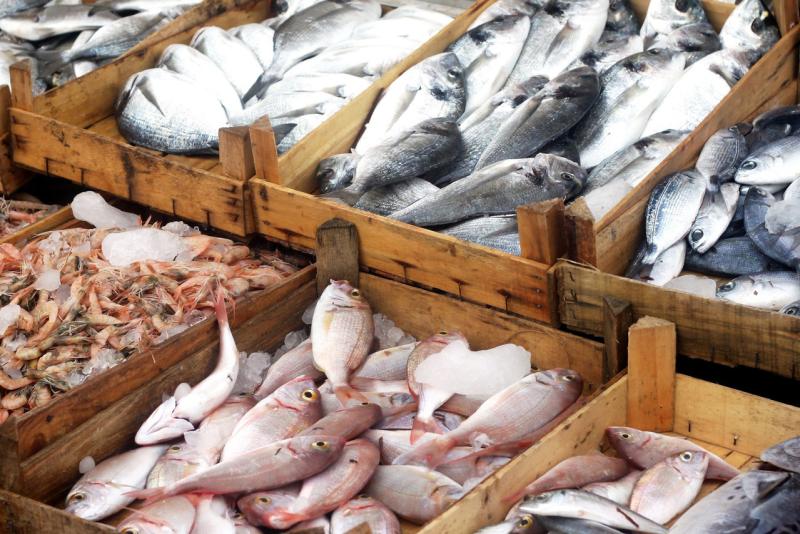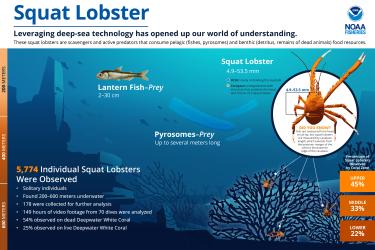Seafood traders are now required to provide more documentation for fish and fish products they wish to sell to American consumers. As of January 1, 2018, importers have new recordkeeping requirements for proving that seafood products entering the United States are legally and sustainably caught, and truthfully represented.
The new rule, known as the Seafood Import Monitoring Program, marks a significant step in the global effort to prevent Illegal, Unreported and Unregulated (IUU) fishing and seafood fraud from entering U.S. markets. IUU fishing and seafood fraud threaten valuable natural resources that are critical to global food security and put law-abiding fishermen and seafood producers here in the U.S. and around the world at a disadvantage.
The rule applies to the following priority species: Atlantic and Pacific cod, blue crab, mahi mahi, grouper, king crab, sea cucumbers, red snapper, sharks, swordfish and tunas. In the future, the U.S. plans to add other species to the list, including shrimp and abalone.
Over the past year, NOAA Fisheries has worked with international importers to bring their operations into compliance with the new requirements. Learn more about this rule and NOAA's efforts to crack down on IUU fishing.

